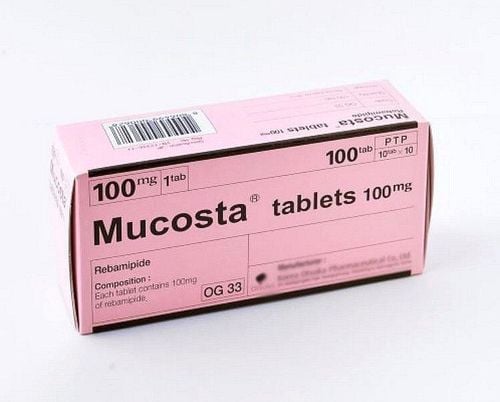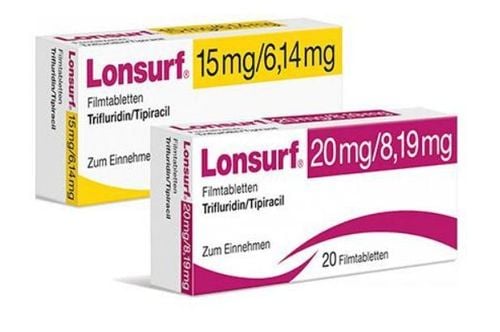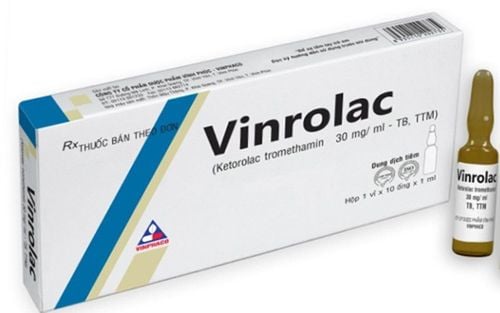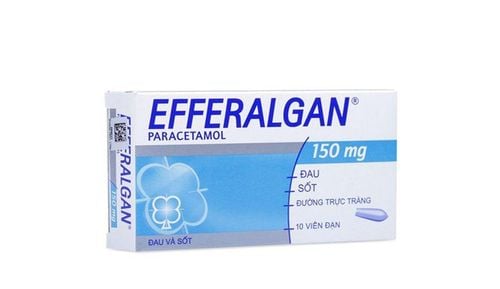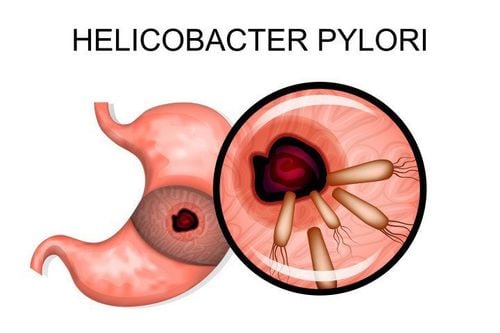This is an automatically translated article.
The article is expertly consulted by Gastroenterologist, Department of Examination & Internal Medicine - Vinmec Hai Phong International General Hospital. The doctor has 27 years of experience in the field of gastroenterology.Helicobacter pylori is the main cause of stomach-related diseases such as indigestion, inflammation, peptic ulcers, and can even lead to stomach cancer. Understanding how HP bacteria spread will help us reduce the risk of infection.
1. What is Helicobacter pylori?
Helicobacter pylori (scientific name: Helicobacter pylori) is a type of bacteria that lives and grows in the stomach. This type of bacteria can enter the human body through many different ways, living and growing in the human stomach.2. The influence of HP bacteria on human health
One question is: "With an acidic environment like the stomach, how can HP bacteria survive?" The answer is due to the characteristic of HP bacteria that are able to secrete an enzyme called Urease that is able to neutralize acid in the stomach. This also causes the body to secrete anti-inflammatory substances that can harm the stomach lining.Pathogenicity of HP bacteria:
HP bacteria have the ability to secrete an enzyme that removes the protective mucus layer of the gastric mucosa, which is a prerequisite for stomach acid to penetrate the mucosal layer causing damage. love. Helicobacter pylori produces a toxin capable of causing degeneration and necrosis of gastric cells, from which gastric acid penetrates strongly, causing inflammation and gastric ulcers.
3. HP bacteria transmitted by which way?
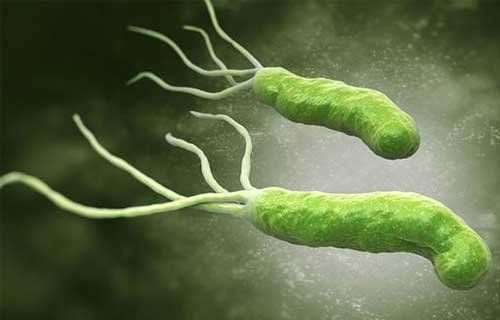
Vi khuẩn HP có khả năng lây nhiễm từ người sang người
3.1 Oral-oral transmission This is considered to be the main mode of transmission of HP bacteria. Because HP bacteria exist in gastric juice, saliva, and dental plaque, they are transmitted from one person to another when sharing dishes, utensils, toothbrushes, kissing, and when a mother feeds her child. .
According to many medical experts, if someone in the family is infected with HP bacteria, the rate of the remaining people infected is very high.
3.2 Infection through fecal – oral HP bacteria will be eliminated by the body into the environment through the faeces. Therefore, after going to the toilet or before eating, the patient should pay attention to wash their hands with soap to avoid HP infection.
3.3 Infection through the stomach - mouth HP bacteria usually reside and develop in the stomach, so when people infected with HP appear gastroesophageal reflux or heartburn, it will be a common transport route for HP. with gastric juice to the mouth.
3.4 Infection through the gastro-intestinal tract In this case, healthy people are at risk of HP infection through medical instruments and equipment when performing gastroscopy. When performing gastroscopy, if the transducer is not cleaned and disinfected properly, HP bacteria can stick and enter the body of the person performing the next endoscopy.
Therefore, patients need to pay attention to choose reputable medical facilities to conduct medical examination and treatment, to avoid unnecessary additional diseases.
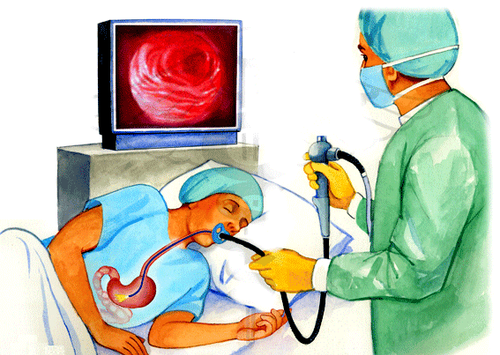
Nội soi dạ dày có thể là nguyên nhân khiến vi khuẩn HP xâm nhập vào cơ thể người
4. Symptoms of people infected with HP
People infected with HP often have no specific symptoms, most of the time when the patient has stomach pain, the new HP bacteria are discovered to exist in the body. However, it should be noted that if detecting symptoms that indicate the risk of gastrointestinal diseases, the patient should conduct a gastroscopy to check for HP bacteria because this bacterium is the main cause. cause disease.Besides, people infected with HP are only at risk of stomach-related diseases, not completely. This depends on the location of each person, some people have resistance against the harmful effects of HP bacteria. Some studies have shown that, currently, about 50% of the world's population is infected with HP, but it is estimated that only about 10% of them are identified with gastrointestinal diseases, stomach cancer. thickness accounted for 1-3%.
HP bacteria, if not detected and eliminated in time, have a high risk of causing HP gastritis. Some typical symptoms are nausea in the morning, epigastric pain after eating, loss of appetite, heartburn.
The case of prolonged symptoms without treatment will lead to the risk of stomach diseases such as peptic ulcers, stomach bleeding or even perforation or stomach cancer.
Please dial HOTLINE for more information or register for an appointment HERE. Download MyVinmec app to make appointments faster and to manage your bookings easily.




